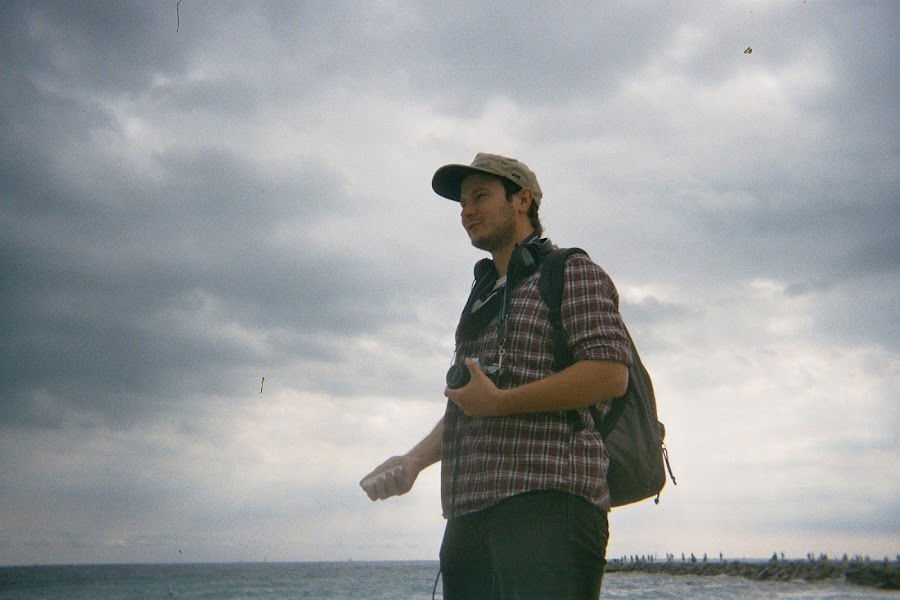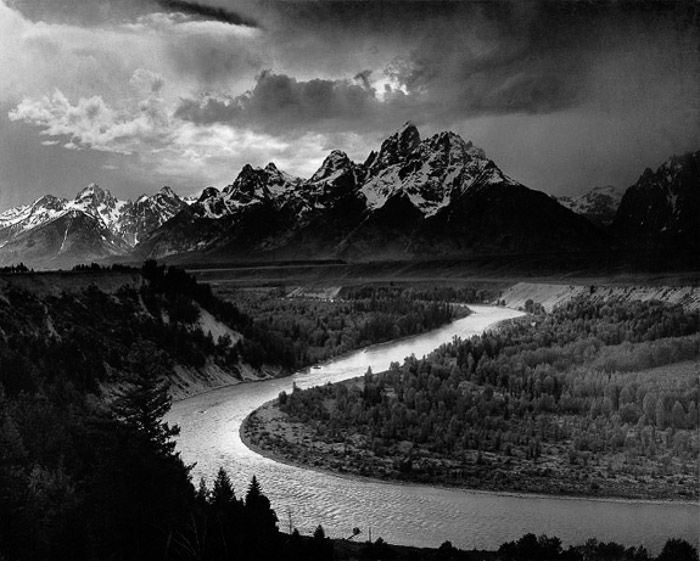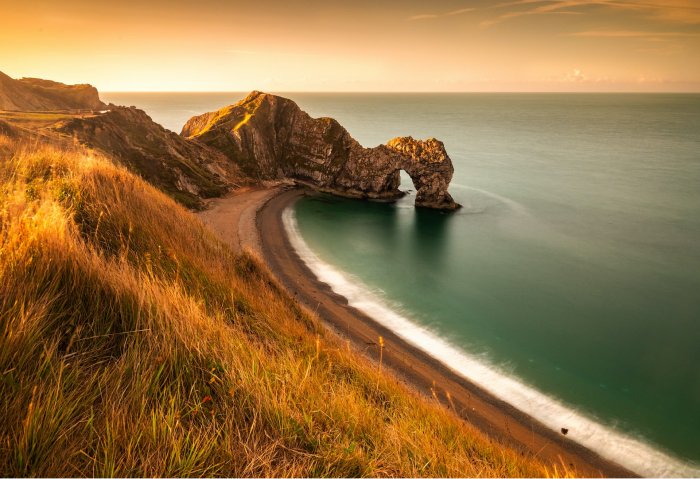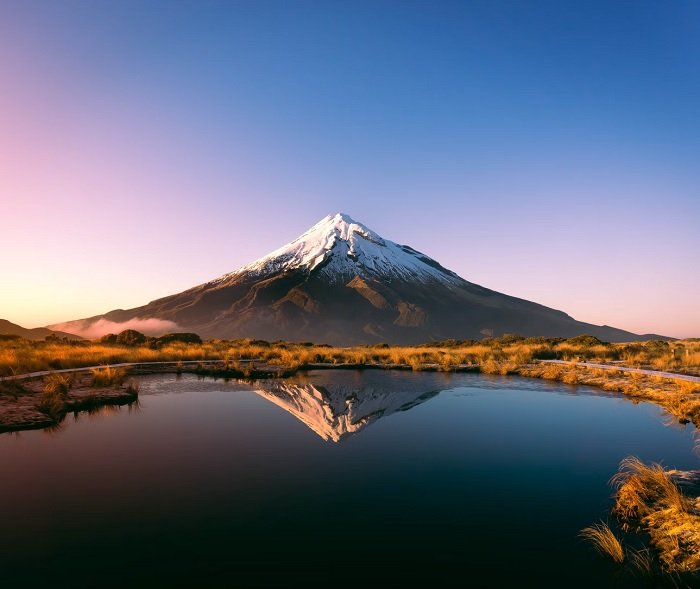Using the best camera filters is a simple, effective way to enhance your photography. Filters are conveniently sized, easy to use, and reasonably priced compared to other camera accessories. They improve a photo’s quality, color, and effects by manipulating light and reducing unwanted elements in your photos.
Any of the filters could have taken the top spot. But we’ve chosen the Tiffen 77CP Circular Polarizer as our number one camera filter. It’s one of the more versatile camera filters. It has exceptional optical quality. And you can get it at a more-than-reasonable price. It’s the perfect place to start with camera filters.
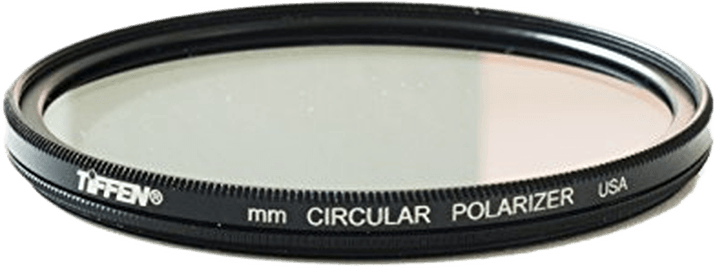
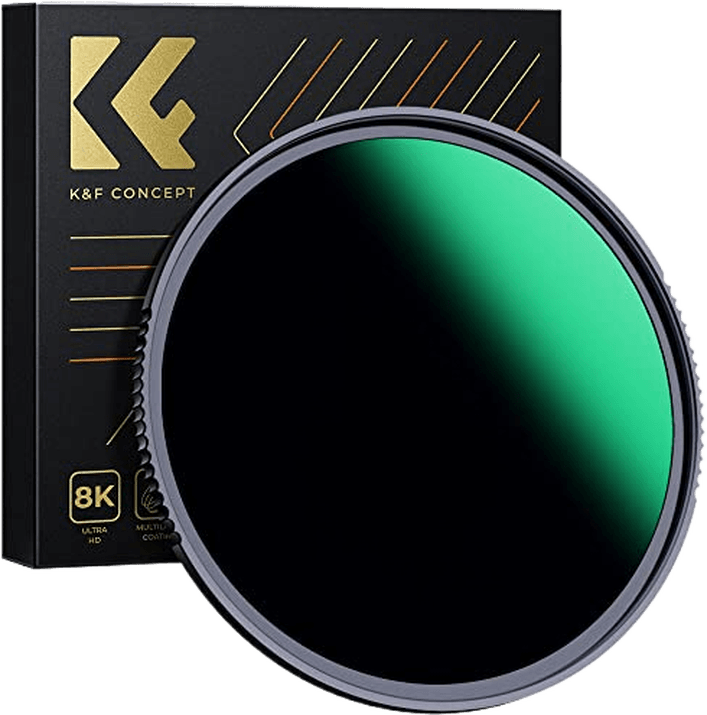
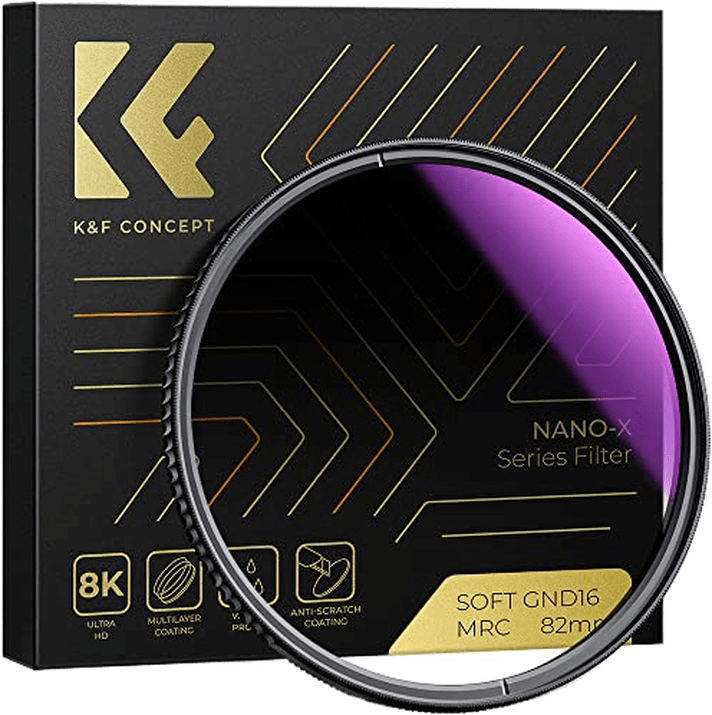
What Is the Best Camera Filter?
There are many different types of photography filters. And they all have different effects on your photos. The best camera filter helps you achieve better photography results. But you must find the one that gives you the results you want.
We’ve included all the most popular camera filters in this article. We have polarizing filters for outdoor photographers. We have three different types of neutral density (ND) filters. Creative photographers will love infrared and diffusion filters. And we’ve included different light pollution filters for night sky photographers.
You can go to the FAQ section at the end of our article to learn more. We go into more detail on each type of camera filter and what they are used for.
If you’re ready to dive into the best camera filters, you have the overview table below. This is followed by an in-depth look at all the best filters for photography.

- Essential tool for all types of outdoor photography
- Effectively reduces or eliminates glare
- Deepens the intensity of blue skies
- A good range of circular filter thread sizes available

- Made with quality Japanese AGC optical glass
- 28-layer coating reduces glare and vignetting
- Good optical density rating for long exposures
- Water- and oil-repellent coating for durability

- Made with quality Japanese AGC optical glass
- 28-layer coating protects and improves image quality
- Good optical density rating with soft transition for landscapes
- Filter available in any size between 49mm and 82mm
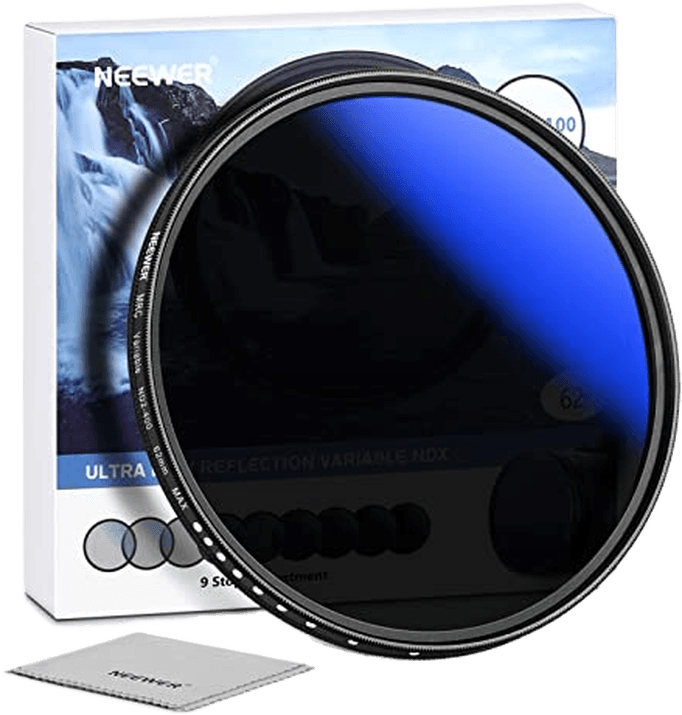
- Consists of four optical NITTO elements
- 42-layer coating protects precious glass
- Versatile optical density range
- Many thread sizes available from 37mm to 82mm
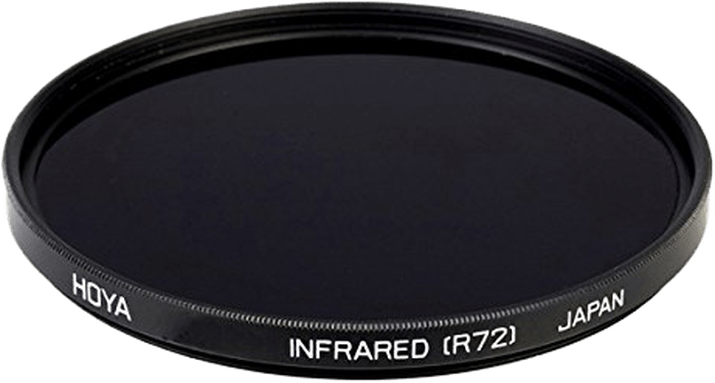
- Constructed from high-quality Japanese optical glass
- Optimized for capturing stunning infrared photography
- Blocks visible light up to 720nm, revealing unseen details
- Compatible with color contrast filters for varied effects
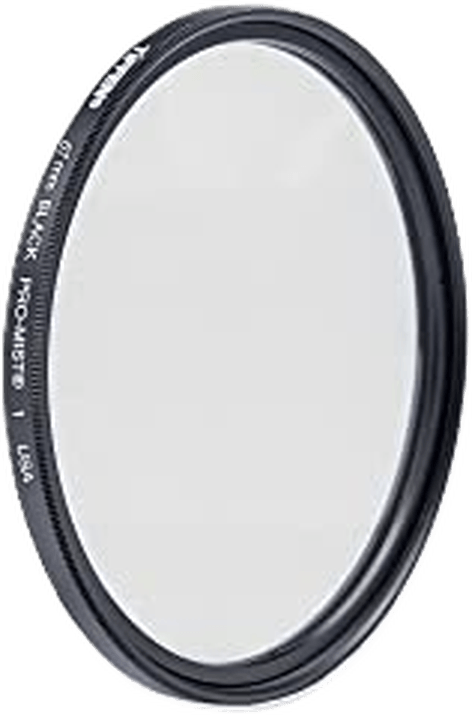
- Premium optical quality with a durable aluminum frame
- Grade-1 mist level for subtle diffusion effect
- Creates a soft mist effect without losing detail or color
- Many thread sizes availale
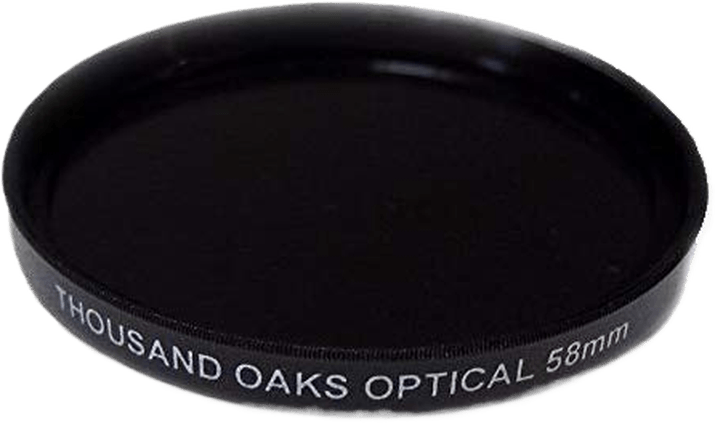
- Offers natural orange color for sun viewing
- Secures easily to 77mm lens diameter cameras
- Manufactured by a trusted, 30-year veteran company
- 5-year longevity filter guarantee
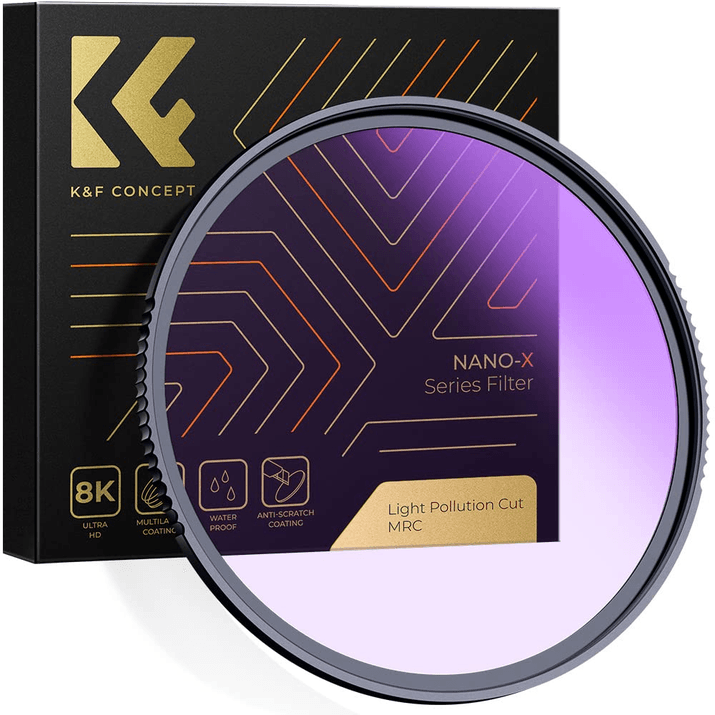
- Made with the finest Japanese AGC glass
- Multi-layer nano coating prevents smudges and scratches
- Provides sharper, more detailed night sky images
- Also available as a square filter
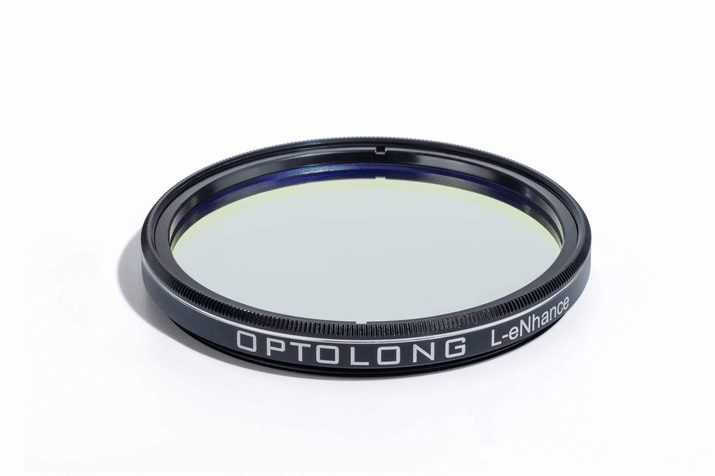
- Essential for capturing deep-space objects like nebulae
- Isolates H-Alpha, H-Beta, and Oxygen III emission lines
- Retains nebulae RGB colors
- Ultra-slim and lightweight
9 Best Camera Filters
This section looks at the best camera filters in more detail. We have the finest examples of polarizing, light pollution, and ND filters. And you’ll also find diffusion and infrared filters. There’s a filter for all photographers.
We’ve only included one filter for each type. If you want to see more of one type of filter, look for the links to our other articles with more info and filter options.
1. Tiffen 77CP Circular Polarizer

| Brand |
Brand
Tiffen
|
| Filter Type |
Filter Type
Polarizing Filter
|
| Filter Size |
Filter Size
77mm
|
| Other Available Sizes |
Other Available Sizes
46mm, 49mm, 52mm, 55mm, 58mm, 62mm, 67mm, 72mm, 82mm
|
| Other Key Features |
Other Key Features
Rotating aluminum frame
|
| Best For |
Best For
Any photographer shooting outdoors
|
A polarizing filter, or polarizer, blocks polarized light. This deepens and saturates colors and reduces reflections. And the best polarizing filter is the Tiffen 77CP Circular Polarizer.
The glass quality is fantastic, and the outer frame is durable aluminum alloy. As a circular filter, it screws directly onto the end of your camera lens. This option has a 77mm filter thread. But if that’s not right for your lens, they have alternatives ranging from 46mm to 82mm.
You can twist the outer ring of the filter to adjust the intensity. This makes it a versatile piece of equipment you can use in changing conditions. It helps you achieve the desired effect in any light, whether bright sunlight, overcast, or cloudy.
Polarizing filters give you incredible results when shooting outdoors. This is why they are popular to pair with landscape photography lenses. But they can be used for any photography shot outside.
If you want more options, review our list of the best polarizing camera filters.
2. K&F Concept ND1000 Neutral Density Filter

| Brand |
Brand
K&F Concept
|
| Filter Type |
Filter Type
Neutral Density Filter
|
| Filter Size |
Filter Size
77mm
|
| Other Available Sizes |
Other Available Sizes
37mm, 40.5mm, 43mm, 46mm, 49mm, 52mm, 55mm, 58mm, 62mm, 67mm, 72mm, 82mm, 86mm, 95mm, 105mm
|
| Other Key Features |
Other Key Features
Aluminum alloy frame, quality AGC glass, multi-layer coatings, scratch-resistant, waterproof
|
| Best For |
Best For
Long-exposure photographers
|
The K&F Concept ND1000 is a superb ND filter. It’s a strong filter with an optical density of 3 (ND factor of 1000). This means it gives you ten exposure stops of compensation. It lets you use bulb mode for long exposures, even in bright conditions.
A neutral density filter reduces the amount of light entering the lens. This lets you shoot with slow shutter speeds without overexposing your image. That’s why this filter is essential for long-exposure photography.
Made with pure Japanese AGC glass, the optical quality is sensational. The outer frame is also made of aviation aluminum alloy, so it’s a premium quality accessory.
The glass has a 28-layer coating for improved quality and protection. The coatings reduce lens flare, ghosting, and vignetting. Plus, the anti-reflection quality improves light transmission, giving you clearer images.
The nanometer coatings also protect the glass against scratches, so they work better for longer. And the outer layer is oil- and water-repellent, making it even more durable. Watermarks and smudges won’t be an issue.
We’ve chosen the 77mm neutral density filter size because that’s a popular option. But you can get this K&F Concept ND1000 filter in any size from 37mm to 105mm.
You can also get ND filters with lower ND factor ratings. And these can be used for all types of outdoor photography. Read our article on the best neutral density filters if you want more options.
3. K&F Concept Soft Graduated ND Filter

| Brand |
Brand
K&F Concept
|
| Filter Type |
Filter Type
Graduated ND Filter
|
| Filter Size |
Filter Size
77mm
|
| Other Available Sizes |
Other Available Sizes
49mm, 52mm, 55mm, 58mm, 62mm, 67mm, 72mm, 82mm
|
| Other Key Features |
Other Key Features
Aluminum frame, quality AGC glass, multi-layer coating, scratch-resistant, waterproof
|
| Best For |
Best For
Landscape photographers
|
This K&F Concept filter is the best graduated neutral density filter. The optical quality is terrific. And it’s a great tool for all types of landscape photography.
A graduated ND filter only has one section with increased optical density, while the rest is clear glass. This lets you balance your exposures when different parts of your image are under different lighting conditions.
You might have light reflecting off a concrete floor, overexposing that section. Or you might have a bright sky and an under-lit bottom section, giving you an uneven exposure. The filter helps you balance the exposure without having to create composite HDR images with photo editing software.
This K&F Concept ND grad filter has a 0.9 optical density (ND8). This gives a three-exposure stop differential between the filtered and unfiltered sections. It also has a soft transition from unfiltered to filtered, which gives you a subtler finish.
K&F Concept filters use the finest Japanese AGC optical glass. And this glass is protected with 28 layers of coatings. Some of the coatings improve image quality by preventing flare and vignetting. TheOuter coatings protect against scratches, water, oil, dust, and dirt.
We have listed even more of the best graduated ND filters you can review.
4. NEEWER MRC ND2-ND400 Variable ND Filter

| Brand |
Brand
Neewer
|
| Filter Type |
Filter Type
Variable ND Filter
|
| Filter Size |
Filter Size
62mm
|
| Other Available Sizes |
Other Available Sizes
37mm, 40.5mm, 43mm, 46mm, 49mm, 52mm, 55mm, 58mm, 67mm, 72mm, 77mm, 82mm
|
| Other Key Features |
Other Key Features
42-layer coating, four optical elements, water repellant
|
| Best For |
Best For
Outdoor photographer shooting in changing conditions
|
The NEEWER MRC ND2-ND400 is a beautiful variable neutral density filter for outdoor photography. Turning the outer ring can adjust this variable ND filter’s optical density.
This ND filter has an optical density range from ND2 to ND400 for nine stops of exposure compensation. This gives you incredible flexibility when shooting outside. You can shoot with a shallow depth of field in bright sunlight. And you can achieve perfectly exposed long-exposure images.
It’s a beautiful filter made with crystal-clear optical glass and Japanese NITTO polarizing film. The glass has also been treated with a 42-layer nano coating for optimal results. It reduces flare and prevents light reflections. Plus, it protects the lens against moisture, oil, and scratches.
It screws directly onto your camera lens. And if this 62mm option isn’t the right size, you can pick any filter size between 37mm and 82mm. That has most lenses covered.
We have an article on the best variable neutral density filters. Check it out for more information.
5. Hoya R-72 Infrared Filter

| Brand |
Brand
Hoya
|
| Filter Type |
Filter Type
Infrared Filter
|
| Filter Size |
Filter Size
55mm
|
| Other Available Sizes |
Other Available Sizes
46mm, 49mm, 52mm, 58mm, 62mm, 67mm, 72mm, 77mm
|
| Other Key Features |
Other Key Features
Durable aluminum frame
|
| Best For |
Best For
Infrared photographers
|
Infrared photography is a niche all its own. And you can’t shoot infrared photography without an infrared filter. We recommend the Hoya R-72 Infrared Filter if you want to try it out.
An infrared filter gives you intense dream-like images by only allowing light from the light spectrum’s red section. You can use these filters with DSLR or mirrorless cameras if there’s no IR-blocking filter in front of the sensor. And you can use them with 35mm film cameras with special infrared B&W film.
It’s a filter of exquisite quality. You’ll experience no visual distortion or imperfections. And this particular IR filter allows light from the infrared spectrum at 760nm to 860nm. This is light not visible to the naked eye. That’s why the results are so other-worldly.
You can read about all the best infrared filters we recommend for more options.
6. Tiffen Pro-Mist Diffusion Filter

| Brand |
Brand
Tiffen
|
| Filter Type |
Filter Type
Diffusion Filter
|
| Filter Size |
Filter Size
67mm
|
| Other Available Sizes |
Other Available Sizes
49mm, 52mm, 55mm, 58mm, 62mm, 72mm 77mm, 82mm
|
| Other Key Features |
Other Key Features
Aluminum frame
|
| Best For |
Best For
Product and portrait photographers and videographers
|
Diffusion filters give you a soft-focus, low-contrast effect without reducing detail or intensity. They are a popular accessory for product photography lenses and portrait lenses. Videographers and cinematographers also love to use them.
The Tiffen Pro-Mist is our diffusion filter recommendation. It gives you a grade-1 mist level and a subtle, dreamy, soft-focus glow. The optical quality is excellent, with no imperfections. And its outer aluminum frame is strong and durable.
We’ve opted for the 67mm filter. But it’s available in filter thread sizes from 49mm to 82mm.
7. Thousand Oaks Polymer Solar Filter

| Brand |
Brand
Thousand Oaks Optical
|
| Filter Type |
Filter Type
Solar Filter
|
| Filter Size |
Filter Size
77mm
|
| Other Available Sizes |
Other Available Sizes
58mm
|
| Other Key Features |
Other Key Features
Multi-coating, 5-year limited liability warranty
|
| Best For |
Best For
Solar photographers
|
The Thousand Oaks Polymer Solar Filter is 100% necessary to photograph solar flares or a solar eclipse. Without it, you’ll damage your camera and your eyes.
Coated with black polymer, this filter blocks all but ultraviolet rays from the sun. That lets you point your camera in the sun’s direction. And despite the heavy light blocking, the sun still appears in its natural orange color.
It’s a very specialist filter. Its only use is for solar photography. But if you’re into that, you won’t get far without a solar filter.
There’s very limited availability for the threaded circular Thousand Oaks solar filters. But you can also get it as a square glass filter, which is always readily available.
8. K&F Concept Clear Natural Light Filter

| Brand |
Brand
K&F Concept
|
| Filter Type |
Filter Type
Light Pollution Filter
|
| Filter Size |
Filter Size
77mm
|
| Other Available Sizes |
Other Available Sizes
52mm, 58mm, 67mm, 72mm, 82mm
|
| Other Key Features |
Other Key Features
Multi-layer nano coating
|
| Best For |
Best For
Nighttime photographers
|
Light pollution is a serious problem when shooting at night, especially in urban areas. That’s why the K&F Concept Clear Natural Light Filter is essential for anyone shooting after dark.
It’s a broadband light filter, which only blocks a small spectrum of light waves. It blocks artificial lights, like street lamps and house lights. It removes the orange or yellow haze from such lights, giving you sharper and more detailed Milky Way photography.
The K&F Concept filter is the best of its kind. It’s made with the finest Japanese optical glass. And it has been treated with a 28-layer nano-coating that improves quality and protects against smudges and scratches.
It’s available in many filter thread sizes, from 52mm to 82mm. You can also get the K&F Concept Square Light Pollution Filter. You can use this square filter with any lens without worrying about thread size.
Check out our full review list of the best light pollution filters.
9. Optolong L-Enhance Dual Narrowband Filter

| Brand |
Brand
Optolong
|
| Filter Type |
Filter Type
Narrowband Light Filter
|
| Filter Size |
Filter Size
48mm
|
| Other Available Sizes |
Other Available Sizes
None
|
| Other Key Features |
Other Key Features
Retains the prominent color of nebula RGB
|
| Best For |
Best For
Astrophotographers
|
Narrowband filters are specialist filters for astrophotography. Broadband light pollution filters are great for all types of nighttime shots. But narrowband filters are optimized to capture deep-space objects like star clusters and nebulae.
The Optolong L-Enhance Dual Narrowband Filter is a great option for star-gazing. A dual-band filter isolates the H-Alpha, H-Beta, and Oxygen III nebula emission lines.
I’m no Carl Sagan, so I can’t go into too much detail on light emission lines. But this means it allows those light emissions while blocking all others. It isolates your celestial subjects for super-sharp astrophotography images.
Filters for astrophotography are a complicated subject. But you can read more in our full article for more information.
Best Camera Filters FAQs
Camera filters can be a confusing topic if you’re new to them. They all have different uses and help with specific types of photography. And they are often accompanied by lots of technical terms and scientific jargon. We’ve answered some of the most frequently asked questions to help you find the best camera filter.
What Are the Most Popular Camera Filters
Photographers have many camera filters to choose from. Here’s an explanation of the seven most popular types of camera filters so you can find the one that best suits you.
1. Polarizing Filters
Polarizing filters are the most popular in photography. They are commonly used in landscape, cityscape, and architecture photography. But anyone shooting outside will appreciate the effect they have on image quality.
They block unnecessary light waves, which improves color saturation and contrast. They also reduce light reflection, which improves light transmission. Atmospheric haze is also reduced, so you get better clarity and definition.
We recommend the Tiffen 77CP Circular Polarizer.
2. Neutral Density Filters
Neutral Density (ND) filters are another popular choice with many photographers. They reduce the amount of light passing through the lens to the camera. But they do this without any loss of color or definition.
ND filters are great for shooting in bright sunlight. They give you more exposure setting options, letting you use wider apertures in bright conditions. They are also essential for long-exposure photography.
There are three types of ND filters:
- Standard ND Filters: They have a fixed optical density rating consistent across the filter.
- Graduated Filters: They have a fixed optical density on one filter section. The rest is clear, unfiltered glassed.
- Variable ND Filters: They have an adjustable optical density but a fixed optical density range. So you can adjust the optical density within that range. They are incredibly versatile and perfect for changeable conditions.
We recommend the K&F Concept ND1000 neutral density filter, the K&F Concept Soft Graduated ND Filter, and the NEEWER MRC ND2-ND400 variable ND filter.
3. Infrared Filters
Infrared filters block all light waves except light from the red section of the visible spectrum. This produces ghostly and dream-like images with altered or drawn-out colors. The images are often surreal, as the filters use light waves not visible to the naked eye.
You can get infrared filters of varying intensity. They range from 590nm to 830nm. Lower-grade filters allow a broader range of light waves to pass through. Filters at the higher end only allow infrared light waves, which gives you a more intense effect.
We recommend the Hoya R-72 Infrared Filter.
4. Diffusion Filters
Diffusion filters diffuse light as it passes through, giving you soft, dreamy images. They soften hard details and create a gentle haze around light sources or brightly lit objects. Diffusion filters also reduce contrasts and produce a more even exposure across your image.
These filters are popular in product and food photography. Fashion and portrait photographers also like to use them. Plus, diffusion filters are popular with videographers and cinematographers.
We recommend the Tiffen Pro-Mist Diffusion Filter.
5. Solar Filters
Solar filters let you photograph a solar eclipse without breaking your camera or going blind. As Galileo learned the hard way, solar photography is impossible unless you protect your eyes and camera.
Solar filters are like neutral density filters but with an extreme optical density. Even the strongest ND filters only block 10 stops of light (an optical density of 1024). But this isn’t nearly enough to be safe. Thankfully, proper solar filters block enough light to safely take pictures of the eclipse.
We recommend the Thousand Oaks Polymer Solar Filter.
6. Light Pollution Filters
Light pollution filters (natural light filters) are an important accessory in nighttime photography. Whether that’s nocturnal cityscapes or astrophotography, these filters always improve results.
They are also known as broadband light filters because they block a small bandwidth of light, allowing a broad spectrum of light. That’s all a bit scientific. Simply put, they block artificial light while letting natural light pass through.
By removing artificial light pollution, you can see the start more clearly. And these filters are especially effective in built-up urban areas. That means even city-dwellers can shoot astrophotography from their backyard.
We recommend the K&F Concept Clear Natural Light Filter or the K&F Concept Square Light Pollution Filter.
7. Narrowband Light Filters
Narrowband filters are specialist filters for astrophotography. Light pollution filters allow a broad range of light waves, while narrowband filters only let through a select few. This gives you more clarity and detail when shooting celestial objects.
You can get single line filters that only transit one slim section of visible light through. But most narrowband filters are dual, tri, or quad-band filters. That means they are sensitive to more than one light-wave section. They are great if you’re shooting Milky Way or nebulae photography.
We recommend the Optolong L-Enhance Dual Narrowband Filter.
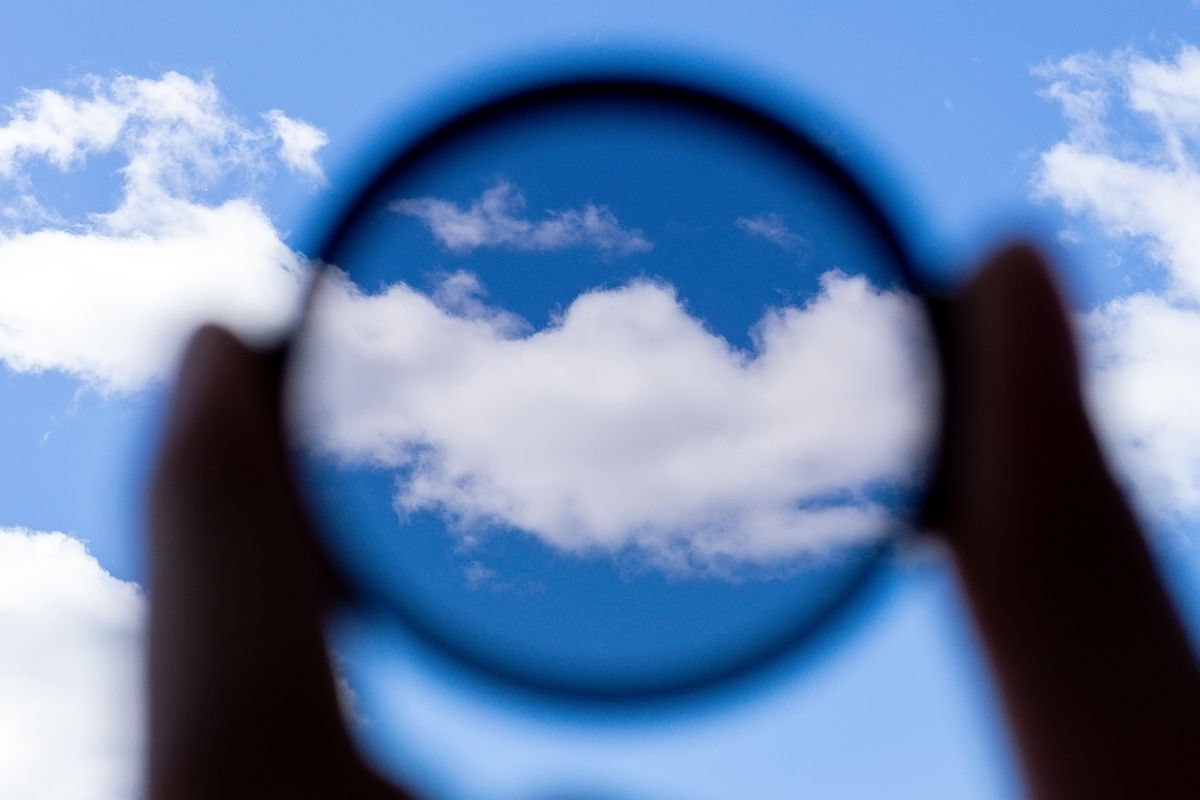
Which Filters Are Best for Landscape Photography?
Landscape photography is the discipline in which filters are most commonly used. That’s because they affect how natural light gets to the camera sensor. That’s why you get such fantastic results when using filters outdoors.
Polarizing filters are very popular with landscape photographers. They reduce light reflections, allowing cleaner light to pass through to the camera. That gives you more detail. They also reduce glare and haze, giving you more clarity. And polarizers intensify colors and contrasts.
A graduated ND is another filter commonly found in a landscape photographer’s camera bag. They balance your exposures when you’re dealing with uneven light conditions. You can also use them to improve your sunrise and sunset photography.
Standard graduated filters are great for long-exposure landscapes. Whether shooting a waterfall or seashore, ND filters help you get perfectly exposed shots in bulb mode.
If you want something striking, you can have heaps of fun shooting landscapes with an infrared filter. It transforms landscapes, giving you inverted colors, sharp whites, and razor-sharp details. It’s well worth a try.
Which Filters Are Best for Portrait Photography?
Camera filters are less common in portrait photography. But you can use a few to transform your portraits or self-portraits.
Neutral density filters are useful when shooting portraits outside. If the sunlight is too bright, an ND filter brings the brightness so you have more control over your exposure settings.
They let you use a wider aperture, giving you a shallow depth of field. And the blurred background (bokeh) effect works well in portraits. Variable ND filters give you the most versatility, which is helpful when shooting on location.
Diffusion filters also work well with portrait photography. They soften your image, reducing contrasts and saturating colors. It also creates a hazy glow. And this dreamy effect helps elevate your subject from their surroundings. It’s a cinematic effect that delivers glorious results for creative portrait photographers.
Conclusion: The Best Camera Filters
Finding the best camera filter depends greatly on what you want to achieve. Polarizing filters are great for landscape photography. ND filters help you achieve perfectly exposed images in bright conditions. And you have several different filters for astrophotography.
The Tiffen 77CP Circular Polarizer is our top camera filter to begin with. We could have chosen any of the filters featured in this article. And curious photographers will want to try them all. But if you want a camera filter for a particular purpose, there’s one listed here for you.



